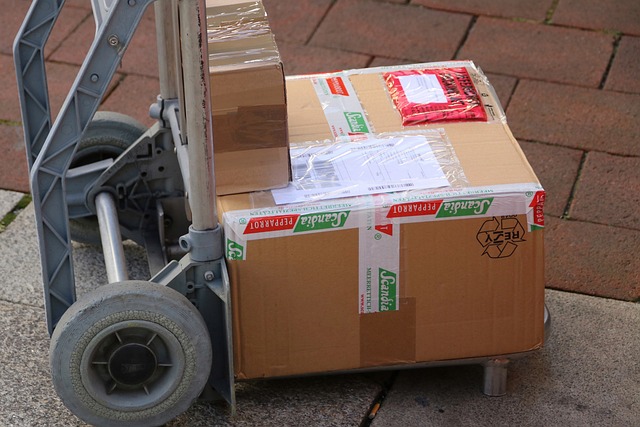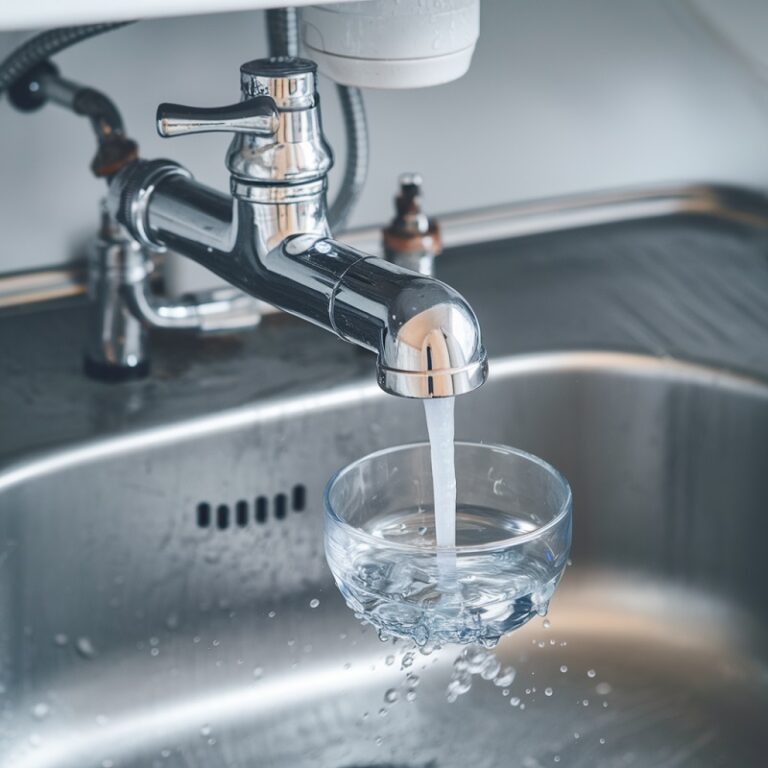Lab courier services play a crucial yet often overlooked role in the healthcare and research industries. Their ability to transport sensitive materials quickly and securely ensures that diagnostic processes, medical treatments, and scientific breakthroughs remain on track. This article explores the essential contributions of lab couriers to modern healthcare and research, highlighting their critical functions, the challenges they face, and their impact on patient care and innovation.
1. Facilitating Accurate and Timely Diagnostics
One of the primary responsibilities of lab couriers is the transportation of medical specimens such as blood, urine, tissue samples, and swabs. These specimens are vital for diagnostic purposes, enabling healthcare providers to determine accurate diagnoses and initiate appropriate treatments.
Timeliness is essential in this context. For instance, in critical cases such as organ transplants, delays in transporting samples for matching or testing can have life-or-death consequences. Lab couriers operate under strict timelines to ensure that specimens arrive at laboratories in optimal condition, thereby safeguarding diagnostic accuracy and speeding up patient care.
2. Ensuring the Integrity of Transported Materials
Lab specimens and research materials are highly sensitive, requiring specific conditions during transport to maintain their integrity. Many biological specimens must be kept at controlled temperatures—either refrigerated or frozen—to prevent degradation.
Lab courier services are equipped with advanced transportation solutions such as insulated containers, temperature monitors, and real-time tracking systems. These tools help preserve the quality of the materials and provide clients with transparency regarding shipment conditions.
For researchers, the integrity of transported materials like DNA samples, chemicals, or cell cultures can directly impact the outcomes of experiments or clinical trials. Lab couriers’ adherence to strict handling protocols is critical in maintaining scientific validity.
3. Supporting Medical Research and Innovation
The healthcare and pharmaceutical industries rely heavily on lab courier services to support research and innovation. Clinical trials, for instance, require the regular shipment of patient samples to testing laboratories. Without efficient specimen transport, these trials could face delays, undermining efforts to bring new treatments and therapies to market.
Moreover, the transportation of experimental drugs, vaccines, and biologics to test sites is another key area where lab couriers play a role. Their ability to handle delicate and high-value shipments with precision makes them indispensable to the advancement of medical science.
4. Adapting to the Demands of Modern Healthcare
As healthcare continues to evolve, so too do the demands placed on lab courier services. The growing prevalence of at-home testing kits and telehealth has created a need for reliable specimen pickup services from patients’ homes. This shift requires lab couriers to expand their operations and accommodate new workflows.
Additionally, the global pandemic underscored the importance of efficient courier services for transporting COVID-19 test samples, vaccines, and related materials. Lab couriers were instrumental in ensuring widespread testing and vaccination efforts, highlighting their adaptability in times of crisis.
5. Overcoming Challenges in Lab Courier Services
Lab couriers face numerous challenges, from navigating regulatory requirements to addressing logistical hurdles. Strict compliance with healthcare regulations such as HIPAA (Health Insurance Portability and Accountability Act) and OSHA (Occupational Safety and Health Administration) is mandatory to ensure privacy and safety.
Logistical challenges, including unpredictable weather, traffic, and equipment malfunctions, also demand quick problem-solving skills. To address these issues, courier services rely on advanced routing technologies, backup systems, and well-trained personnel.
6. The Future of Lab Courier Services
The future of lab courier services lies in leveraging technology to enhance efficiency and reliability. Innovations such as drone deliveries, autonomous vehicles, and advanced tracking systems could revolutionize specimen transportation. These technologies promise to further reduce delivery times and improve access to testing and research materials in remote areas.
Additionally, as personalized medicine and genetic testing become more prevalent, the demand for specialized courier services will likely increase. Companies that can provide customized solutions for transporting sensitive and complex materials will be at the forefront of this evolving industry.
Conclusion
Lab courier services are the unsung heroes of modern healthcare and research, ensuring the timely and secure transportation of critical materials. By maintaining specimen integrity and supporting the logistics of medical innovation, these services play a pivotal role in improving patient outcomes and advancing scientific discovery.
As the healthcare landscape continues to change, lab couriers will remain indispensable, adapting to new challenges and driving progress in medical science and patient care. Their commitment to precision, safety, and reliability makes them a cornerstone of the modern healthcare ecosystem.




